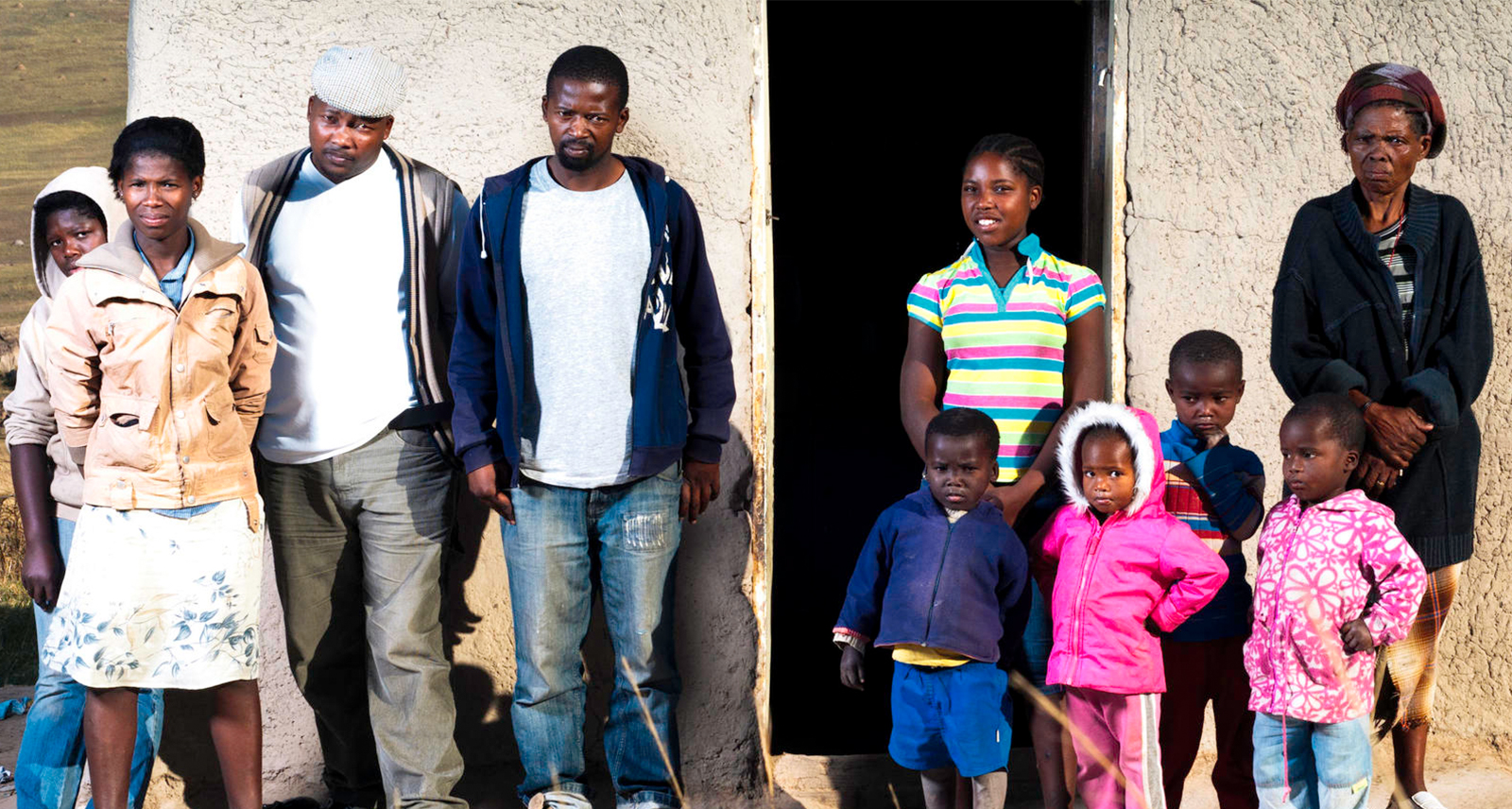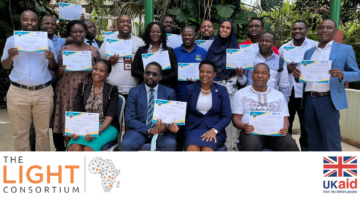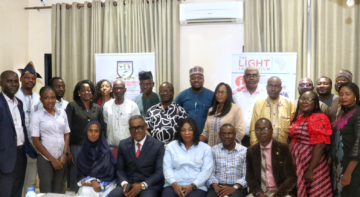Blogs

TB is among the deadliest infectious diseases across the world. Globally, an estimated 10 million people fell ill with TB in 2019. Of these, nearly 3 million people were not detected or officially notified and did not receive the care they needed. This denies those affected the right to health and wellbeing and also puts others at risk. Gender has a powerful influence on health and wellbeing, intersecting with other individual, social, and economic factors to impact on people’s right to health and equitable access to quality healthcare. It is clear that gender-responsive approaches are needed across the spectrum of TB prevention, diagnosis, treatment and care, yet there is a lack of evidence to support the development and implementation of such strategies. Without innovative, evidence-informed solutions, we will fail to leave no-one behind and realise health for all in the Sustainable Development Goals. The clock is ticking.
On International Women’s Day 2021, at a World Health Organization (WHO) and Global Coalition of Tuberculosis (TB) Activists (GCTA) webinar that discussed Gender-Sensitive & Equitable Response to End TB, women leaders in global health made a compelling case for a collective, inclusive, person-centred response to the TB pandemic. To achieve the highest attainable standard of health and well-being, the rights of every individual, irrespective of their gender identity, must be protected and promoted.
Read full blog originally posted by the Liverpool School of Tropical Medicine.
Related Posts





